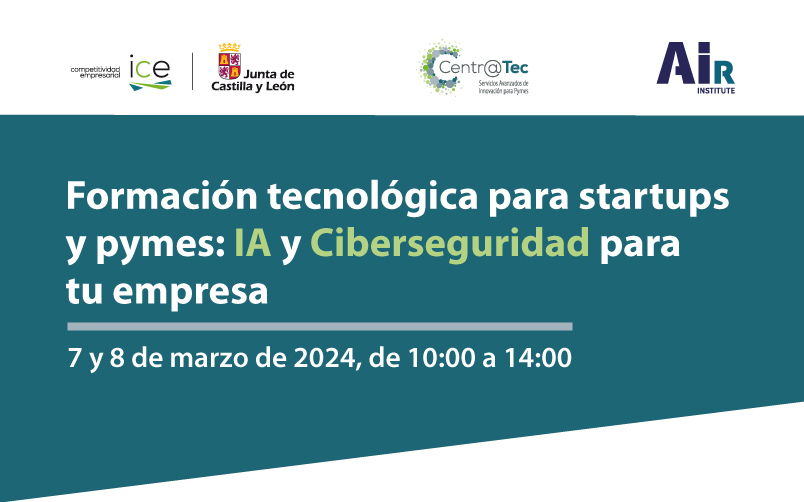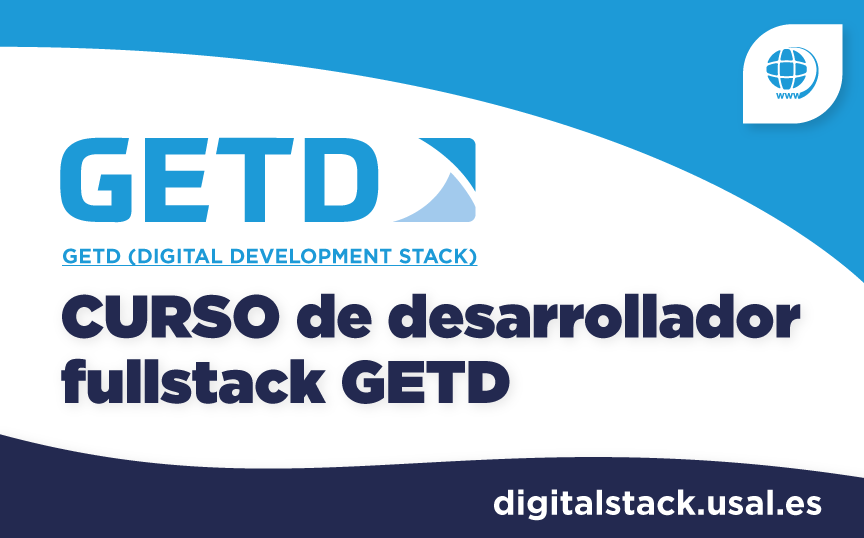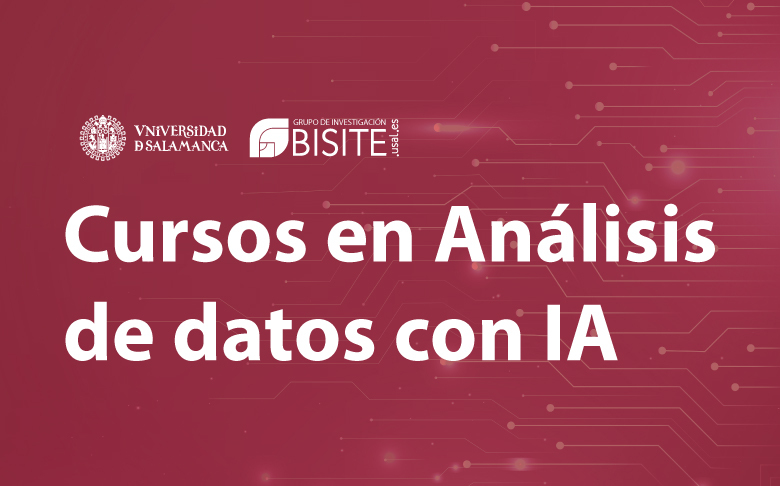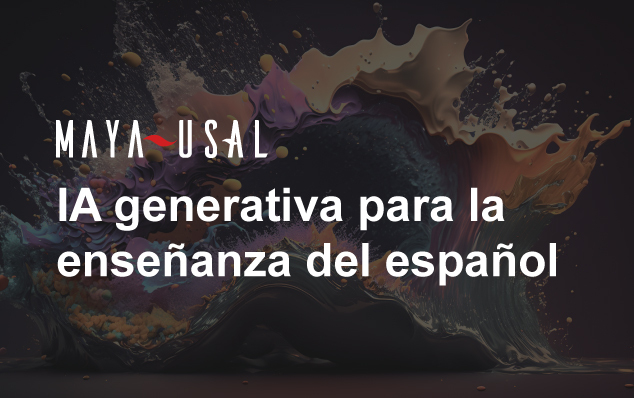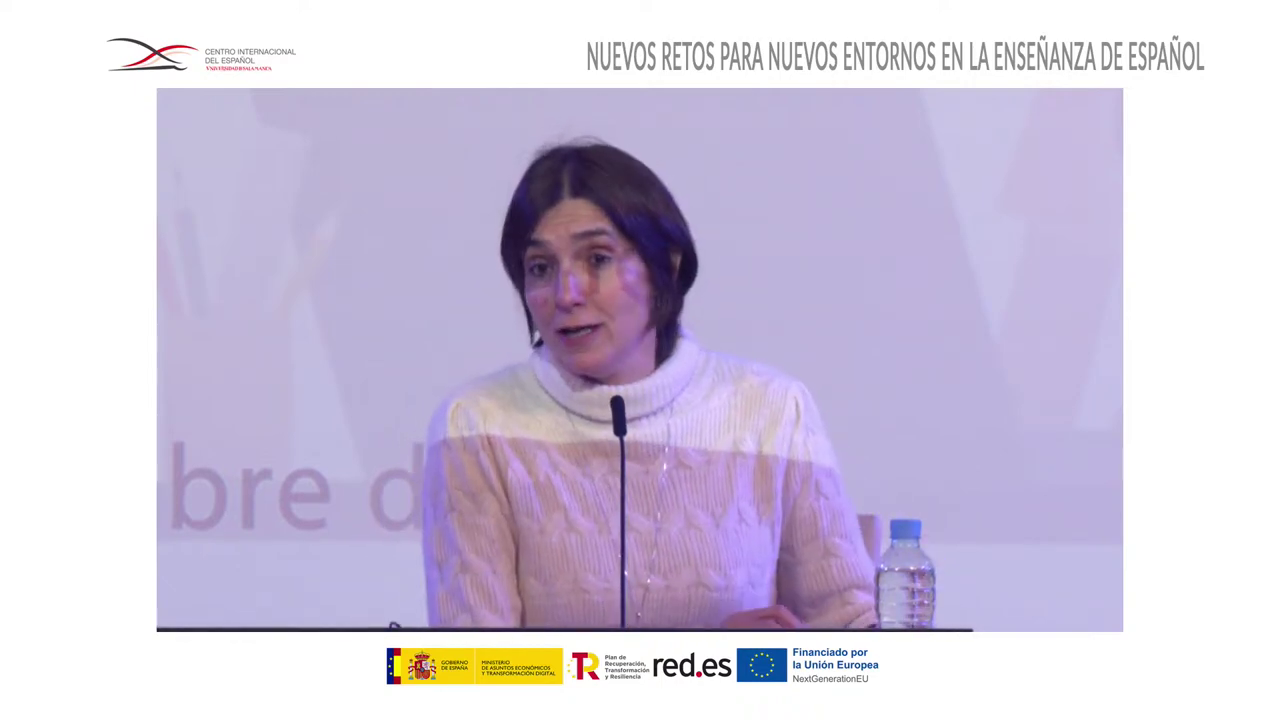Blockchain is a digital ledger that was created with the aim of protecting information coming from cryptocurrency transactions. However, its excellent performance and potential have led to its application in areas other than the economy.
Blockchain impedes original information from being changed, as data from the previous block must match the data in the next one in order for it to work. Through the multiplication of information errors are also avoided. Thus, blockchain offers secure and visible storage to all those who are part of an organization or transaction. Currently, it is being used in sectors such as banking, insurance, health, aerospace etc. According to the IDC Consulting Services, by 2022 blockchain-based technological solutions will have a global expenditure of $11.7 billion.

This data demonstrates that blockchain will have a strong impact on our society in the future and it will certainly provide us with many advantages:
- Security: this technology protects all data originating from transactions between parties. Information is encrypted in blocks which are linked together in a chronological order. This design ensures the security of data since it is not possible to erase or alter it.
- Instantaneity: information appears instantly, the parties involved in the operation have immediate access and can make the necessary changes with no waiting time.
- Storage: it is possible to store a lot of information in the cloud with no time restrictions.
- Simplicity: it is not necessary to have technological knowledge in order to use blockchain. It will grow in popularity and people will become more convinced to using this technology once they hear about the thousands of benefits they can get form it.
- Globalization: blockchain will be the cherry on the cake of globalization; borders, currencies and tedious paperwork will no longer be an obstacle. It will be possible, for example, to buy property in another country without need for intermediaries.
- Avoid fraud and corruption: every single activity: submitted projects, election processes, budgets etc., will be registered, parties will have access to this information but will not be able to modify it.
- Innovation: so far, we have only mentioned some of the areas where blockchain is already being used and other areas to which it will likely be applied in the near future. However, considering the characteristics of blockchain and the fact that new solutions will probably be found, the future of this technology may by far exceed our expectations.
